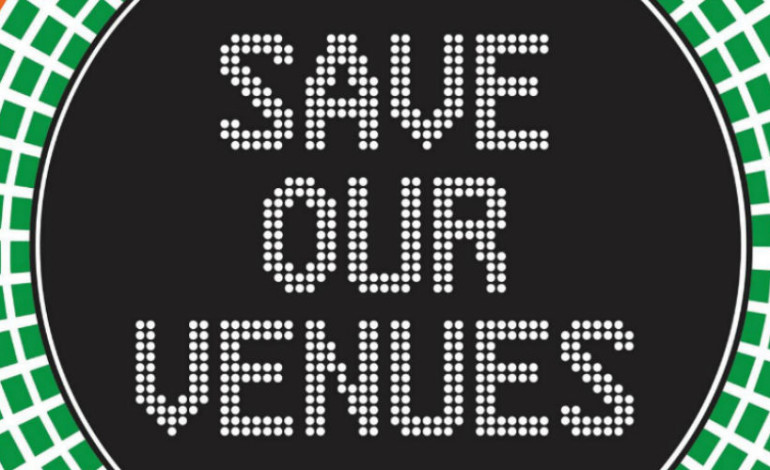
MP’s have backed the Music Venue Trust’s proposal for a £1 ticket levy to be imposed on large arenas and stadiums to support grassroots music venues through the cost of living crisis. Mark Dayvd, the founder of MVT suggested the levy ‘to provide industry-led philanthropy and support’ as stated in the Grassroots music venues report from the House of Commons published on the 11th of May. They have set a September deadline for the industry to decide on a ticket levy large-scale shows as well as urged a VAT cut to ensure that more shows get into venues.
125 small music venues closed last year including one of the most iconic venues ‘Moles’ in Bath which had hosted the debuting shows of acts the likes of Oasis, The Killers, Wolf Alice, The Smiths and even Ed Sheeran. The George Street venue had a capacity of 220 and had been operating for 45 years before it closed down in December 2023. According to the Guardian ‘co-owner, Tom Maddicott, spoke of the reality of the grassroots music industry, noting that it is ‘no longer economically viable and we will not be the only grassroots music venue forced to close.’
Mole’s closure highlighted the need for economic support for grassroots venues, a proposal campaigned by the MVT charity since 2018, it is only after the closure of so many venues that the proposal gained wider attention. In the report from the inquiry, which you can read here, it is said that the permanent shutdown of many spots last year not only signify an erasure of the ‘cultural and economic powerhouse’ that is the UK music industry but also ‘represent a loss of as many as 30,000 shows (16% of GMV performance opportunities last year) and 4,000 jobs.’
The report detailed not only the destruction of so many great independent music venues, but similarly the ‘precarious position’ of the live music sector as a whole. The inquiry notes that ‘as of March, the sector lost 29 festivals scheduled for this year alone to postponements, cancellations or permanent closure’ underlining the affect of pandemic on the live music scene, which has seen altogether the loss of 161 festivals since 2019.
Despite this, the report notes that new, huge venues are still finding the funding to open such as the, Co-op Live Arena, albeit, not without its controversies. The venue has cost £365million and is now the UK’s largest indoor arena. However owners of such venues believe there is ‘no problem with the UK music talent pipeline’ despite the fact that many of the artists that sell out these commissioned arenas having begun their careers in venues like Moles which are being forced to close at a ‘rate of two per week’. Co-op have also proposed an additional London venue, which will be ‘the greatest’ in the world. Many MVT supporters have called projects like these the anathema of the music industry.
So what exactly is a ticket levy? A ticket levy is a small, additional charge added to the price of a ticket for these large-scale shows. Fortunately fan shouldn’t be burdened with the cost of this voluntary ticket levy as the cost will be taken from existing ticket prices at a small-scale detriment to the venue. Dayvd explained that it would have a substantial impact on the sustainability of grassroots venues and while the levy could be statutory, the scheme could be applied quickly and efficiently if enough of the industry banded together to prop up these small but vital venues.
